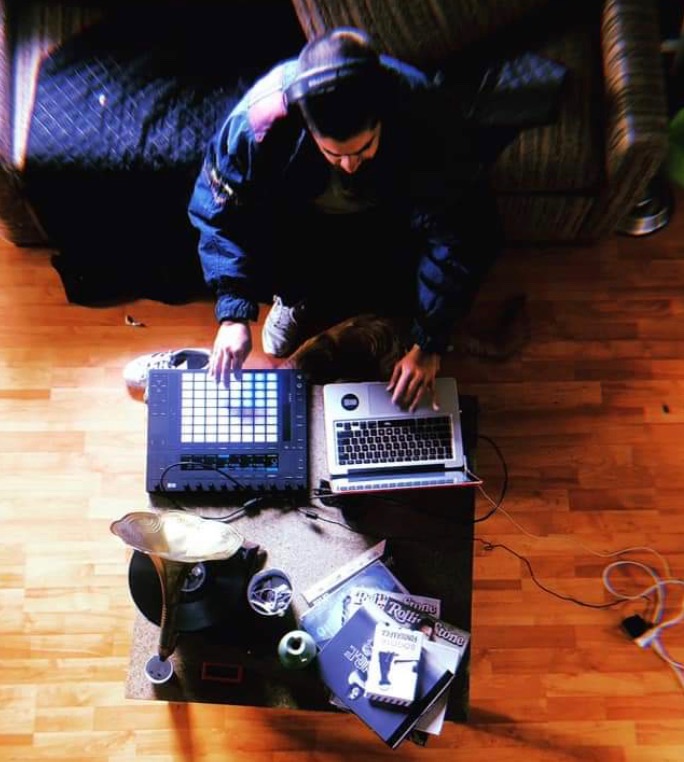First, there were lockout laws, then there were lockdowns, and now there is a new threat to the independent electronic music artist in Sydney.
This threat comes in the form of DJs who promote and market themselves as artists in the local scene. Events throughout Sydney, from rooftop bars to international festivals, are booking DJs to perform, yet may are not performing their own music.
This is a divisive topic in the dance music community, though many DJs, like local producer Liam Falls, aka NOLEJ, can see both sides of the issue.
“I love creativity,” he said. “People who only DJ tend to do so, in my experience, because they love music and love the feeling of performing live, but others just do it for ‘clout’ and some bizarre hierarchical social status climbing.”
“You could label yourself as a house DJ because that’s what you orient yourself around musically but to call yourself an artist or a musician if all you do is press play is debatable.”
Art Under The Law
Soundcloud is one of the largest audio platforms in the world and is a great tool for artists to utilise when promoting their music.
DJs routinely use sites like Soundcloud and Mixcloud as they allow users easy access to upload songs for free. Soundcloud is also one of the few streaming services that allow full DJ mixes or sets to be uploaded without copyright infringement barriers.
This is odd, considering the Soundcloud website states users need to consider the following questions:

Spotify in comparison, requires an artist to use a “DSP”.
DSP stands for Digital Service Provider. These services are used to facilitate the upload of audio to platforms such as Spotify and Apple Music, as these platforms do not have a user upload feature like Soundcloud.
By using a DSP it becomes extremely difficult for anyone other than the artist or copyright holder to upload that content.
This is why DJs, like the ones mentioned below, will never promote their Spotify or Apple Music profile as they simply do not exist.
A quick search of some local DJ pages on Soundcloud, shows no original tracks on their page and they even describe themselves as having ‘a sound’ or ‘unique style’.


What needs to change?
The most obvious change needs to be from DJs and their understanding of copyright laws and the cultural acceptance that anyone can use another artist’s work on their own profiles.
Streaming services like Soundcloud and Mixcloud need to take stricter measures on the uploading of copyrighted audio.
According to the Soundcloud website: “The SoundCloud Copyright Team is only able to process takedown reports made by the rights holders themselves, or an authorized agent acting on the behalf of the rights holders.”
With over 200 million tracks uploaded to Soundcloud, it is no wonder copyrighted material slips through the cracks.
Venues and events should be making more of an effort to find producers and artists to play at events as well.
Dierdre Le Blang, the Director of Primal Entertainment, a talent booking agency in Sydney, says a lot of the time it comes down to what the venue wants.
“We can make recommendations to a venue based on the kind of event they want or type of patrons,” she said.
A push from venue owners and patrons for original artists would bring more people to an event, as an artist can have an established fan base. In turn, venues can sell their events on up-and-coming talent, which also helps the artist build that fan base even more.
It is a win-win scenario. As Sydney’s music scene continues to suffer, the promotion of legitimate, independent artists is more important than ever.

Having said that, there is a clear distinction between a ‘turntablist’, which turns DJ turntables into an instrument in its own right, or a wedding DJ trying to entertain a crowd for the night.
The problems arise around copyright and the increasingly accepted ‘norm’ that a person can upload entire mixes filled with other artists’ original work and then label themselves an artist.
Perhaps by supporting true artists, those true creatives who produce original works, ‘DJs’ who steal music and claim ownership will eventually be pushed out of Sydney’s music scene.


